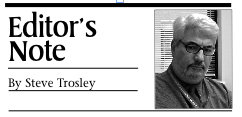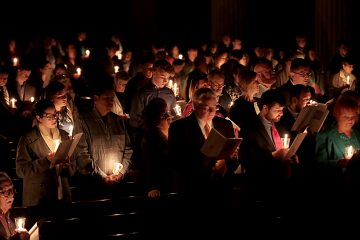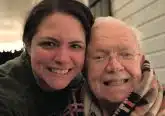Editor’s Note: With rights come responsibilities we cannot shirk
 American journalists have long lobbied for what has become known as a shield law.
American journalists have long lobbied for what has become known as a shield law.
A shield law would protect reporters and editors from having to reveal sources that have supplied information for stories anonymously, or as those in the business say, without attribution.
For the most part, conscientious reporters and editors endeavor to find story sources that can be identified. It’s a question of credibility: Readers find stories with named sources more believable. (We all know — or should know by now — that when the story says “a source close to,” it means it’s coming from the “close to” and there’s a political or commercial motivation.)
The First Amendment decrees: “Congress shall make no law” … “abridging the freedom of speech, or of the press…” The Constitution is the law of the land. It is the last word.
In my mind, that means the Congress does not have the power to grant journalists a shield and if I as a journalist advocate for a shield and accept the protection of such a law, I am abdicating my rights and granting a power that is mine to a legislative body.
And what a legislative body gives, it can alter or take away.
That also begs the question, who qualifies as a journalist? The coming of the Internet with its free-for-all blogosphere certainly makes that question important. Just about anyone with a keyboard can author a website on virtually any topic under the sun. Which of them is a journalist and which is not? Well, under the First Amendment, which provides no definitions, we all now have access to a “press.” That makes us all journalists.
Undefined terms create a disquieting atmosphere for people in control. It takes decisions out of their hands.
And that makes that all-important first clause of the First Amendment inconvenient. “Congress shall make no law respecting an establishment of religion, or prohibiting the free exercise thereof;”
Which is why the United States Conference of Bishops (U.S.C.C.B.) called for a second Fortnight for Freedom from June 21 to July 4. When the U.S. Department of Health and Human Services rule-makers mandated that all employers, regardless of their personal religious convictions, had to provide free contraceptive and abortifacient drug insurance coverage in their medical benefit programs, they decided they had the power to define what constituted a religious organization and what were acceptable religious beliefs.
They made this decision under the auspices of the Affordable Care Act of 2010.
Affordable health care is a wonderful aspiration for a society and very few of us would oppose that lofty goal. However, an American citizen cannot abdicate his or her First Amendment right to religious freedom for lofty goals, for there is no higher value than that of religious freedom.
A reporter shield law might dampen prosecutorial enthusiasm for punishing whistleblowers, leakers and those in the media who would protect them. But the reporter has a Constitutional right to protect his or her sources. That same reporter has a corresponding responsibility to exercise that right with due diligence and to protect that right with his personal honor and courage. The latter might require sacrifice, but that is the obligation the right imposes.
We who cherish our religious freedom must also accept the obligation to defend it, as many of us are doing during Fortnight for Freedom, with prayer, fasting and public witness. It is unacceptable and immoral to abdicate the right of conscience or the right to observe the faith of our choosing. We have an obligation to prayerfully and responsibly resist the HHS mandate as a violation of the First Amendment.
+++++++
Trosley is editor-in-chief of The Catholic Telegraph













